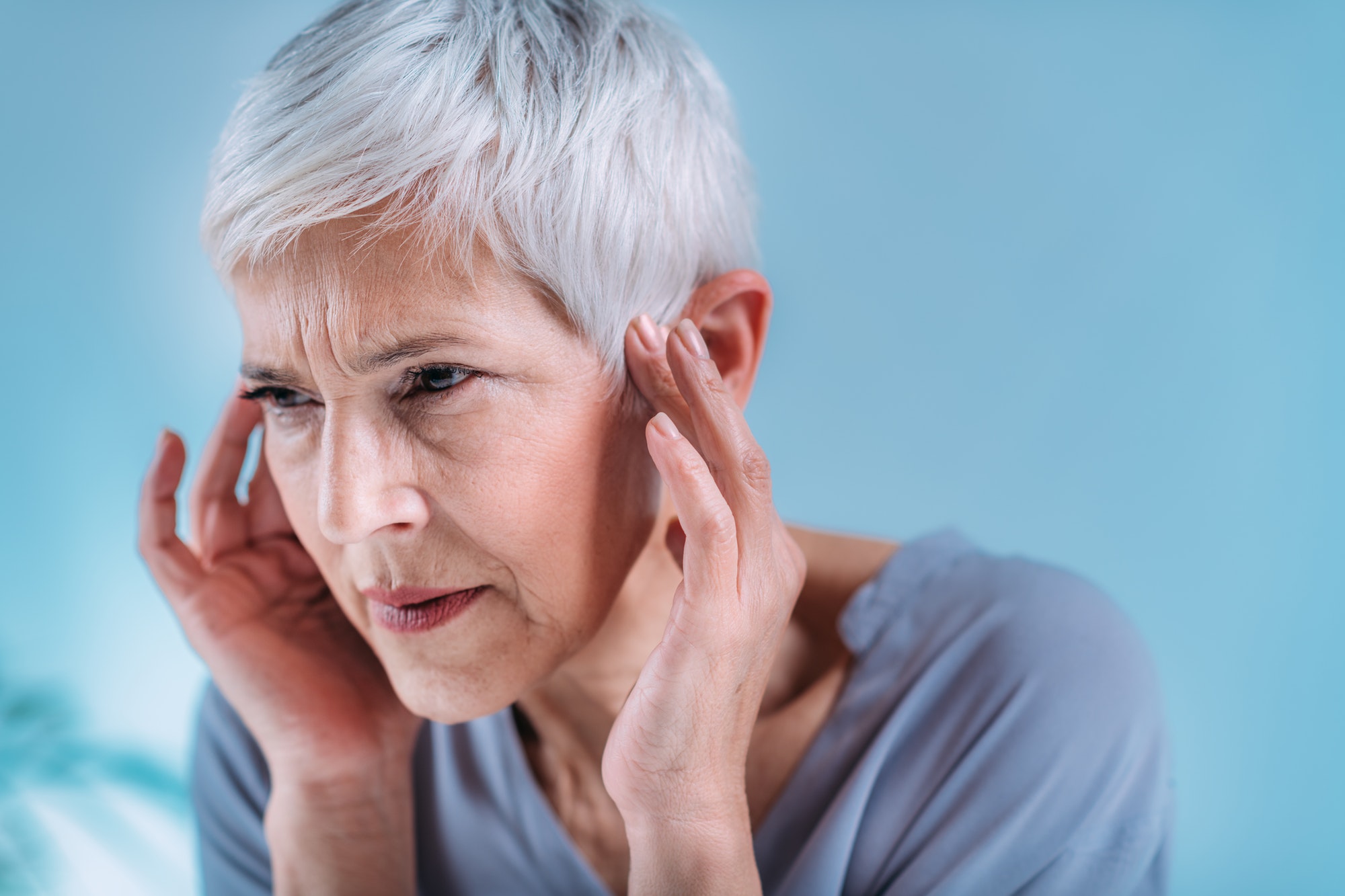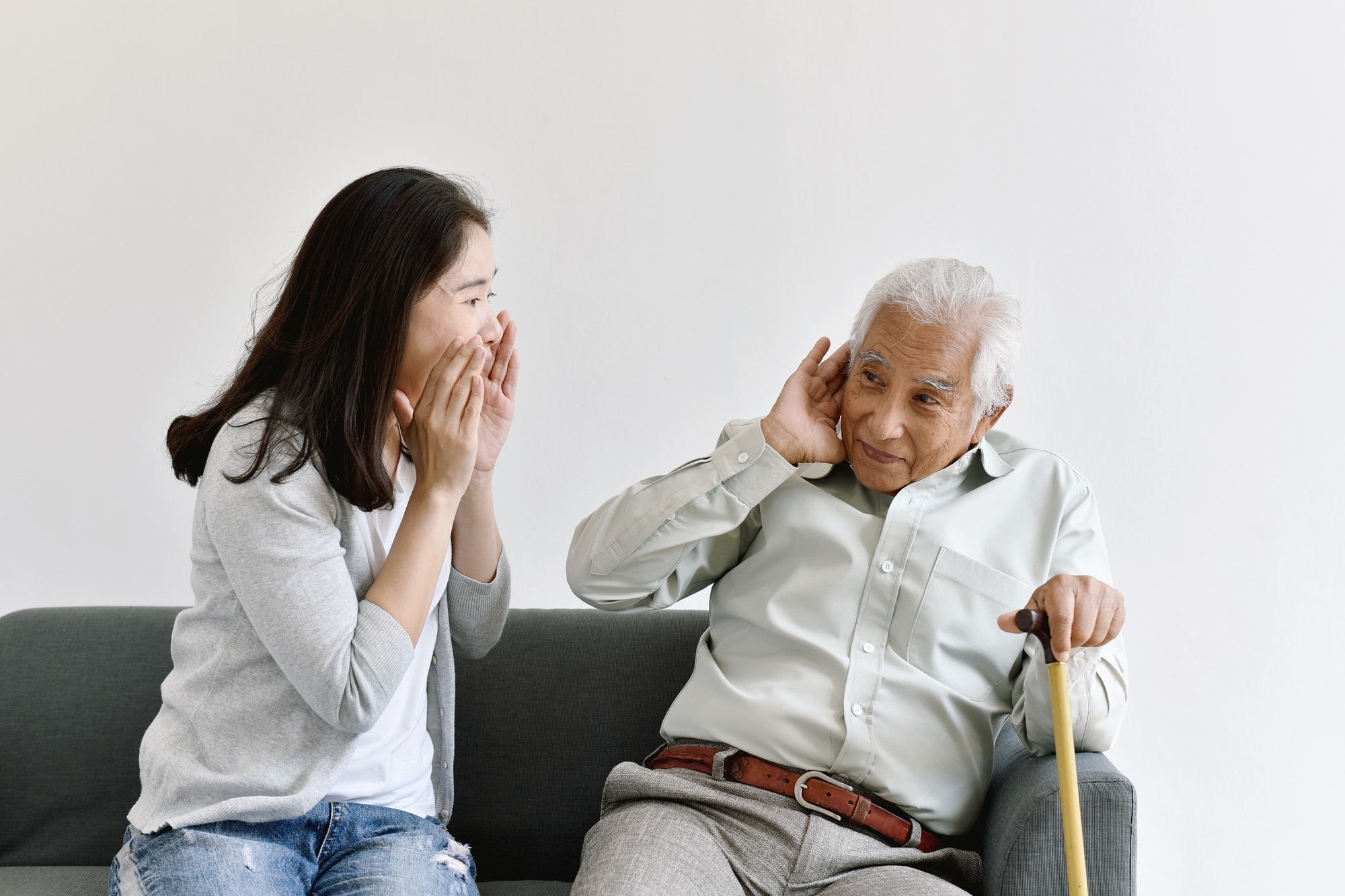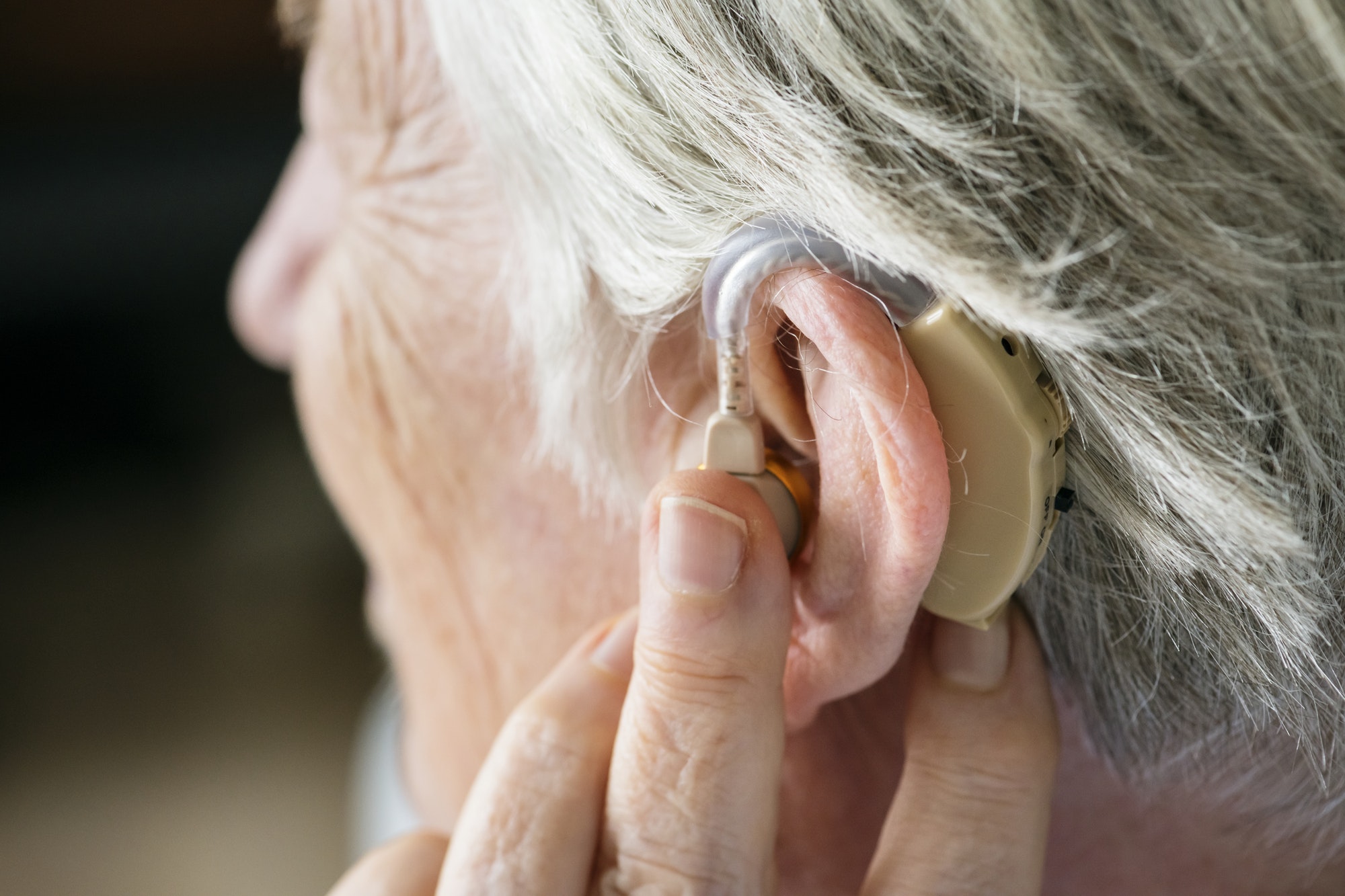Your ears are one of your most important organs. You depend on them for hearing and your sense of balance. They help to keep you connected with the world and protect you from injuries. There’s even some evidence that taking care of your ears may reduce your risk of dementia.
Your ears are also complicated and sensitive. They contain the smallest bones in your body and thousands of hair cells so small they could fit together on the head of a pin.
To keep your ears healthy, it’s important to separate the myths from the facts. Learn more about three common ear issues and how to fix them.
Noise-Induced Hearing Loss
While age is the primary cause of hearing loss, exposure to loud noises comes in second. Keep in mind that noise-induced hearing loss usually develops over many years without any noticeable symptoms.
- Balance volume and time. The US government limits workplace noise levels to 90 decibels for 8 hours, which is about as loud as a blow dryer. The longer you’re exposed to loud noises, the more you need to turn down the volume.
- Limit earbuds. Earbuds can be especially risky because they sit so close to your eardrum. Switch to headphones or ensure that you keep your music low enough that others can’t hear it.
- Use protection. Ear plugs and ear muffs can reduce sound by as much as 60 decibels when used together. For loud concerts, bring your own ear plugs and sit further away from the speakers. If you’re caught empty handed, you can even try putting wads of wet paper towel in your ears.
- Get tested. Early signs of hearing loss include difficulty hearing conversations and needing to increase the volume on your TV. Your doctor can evaluate your hearing and explain your options.
Ear Wax
Ear wax helps your ears to clean themselves, but too much can cause blockages. You may be especially prone to such build-ups if you have a narrow ear canal or wear hearing aids or earplugs.
- Avoid cotton swabs. Sticking any object in your ear is likely to push the ear wax further into the canal rather than removing it. Anything sharp like bobby pins could even perforate your eardrum.
- Oil it. Using over the counter remedies or plain mineral oil may help loosen excess ear wax. Insert a few warm drops with an eye dropper and wait a day or two before flushing the area out with water.
- See your doctor. If you still have trouble hearing or have a full sensation in your ear, call your doctor. They can use suction or a curette to remove the wax safely.
Airplane Ear
Changes in air pressure, especially during descent and landing may cause discomfort and temporary hearing loss. Try these strategies for adults and children.
- Equalize your ears. If you experience airplane ear, the Eustachian tube in your throat probably needs to open wider. You can help clear your ears by swallowing, chewing gum, or opening your mouth wide like you’re yawning.
- Treat a cold. If possible, avoid flying with a cold. Otherwise, your doctor may be able to prescribe nasal sprays or other medications for respiratory symptoms that can aggravate airplane ear.
- Prepare your child. Talk with your pediatrician before giving your child any medication. It may also help to keep your child’s ears warm and give them something to eat starting shortly before the plane begins its descent.
Your ears require appropriate care if you want to protect your hearing and remain steady on your feet. Ask your primary physician to check your ears regularly and seek help immediately if you notice any changes in your hearing.






